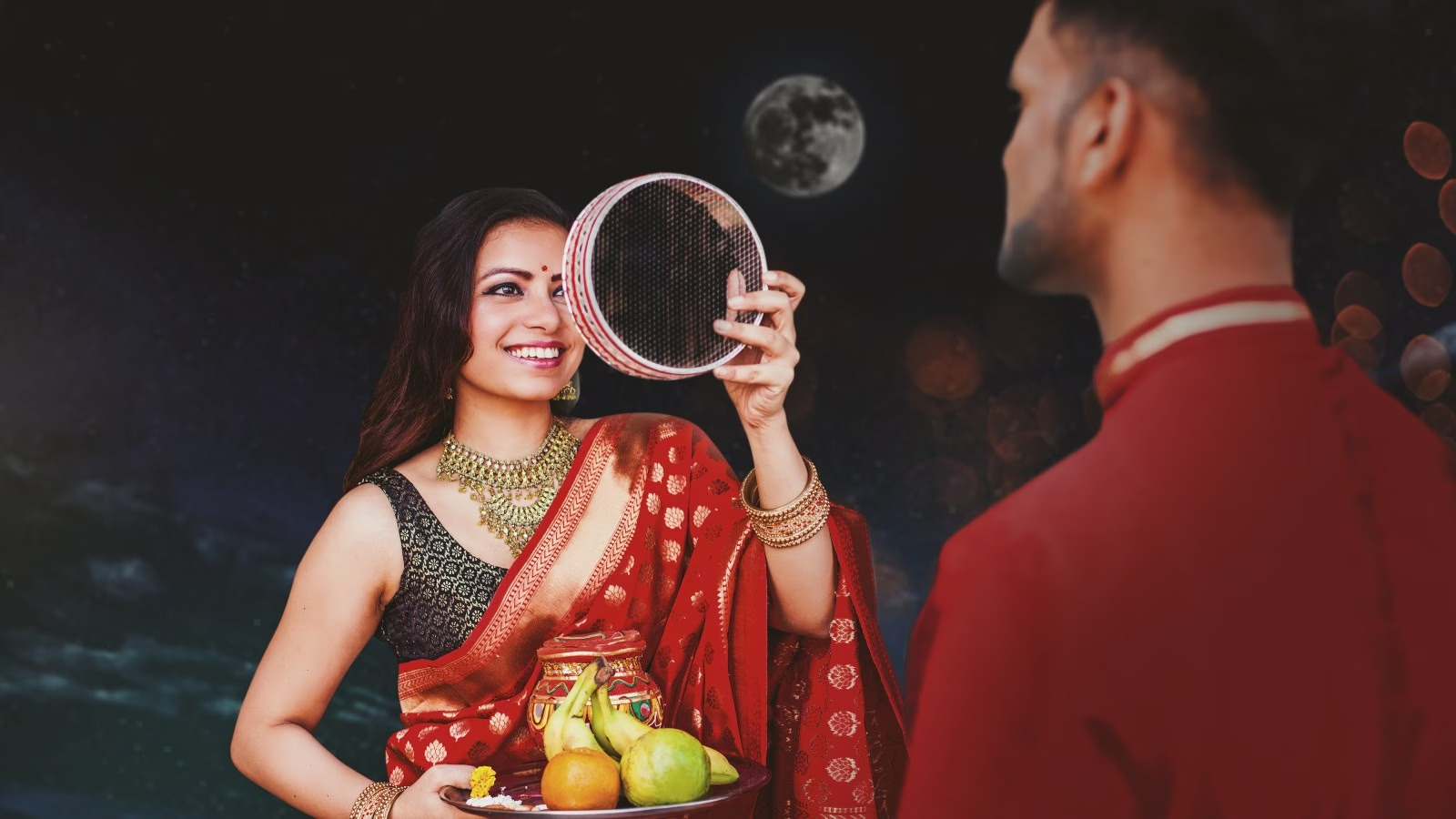This year, the joyous occasion of Karwa Chauth will be commemorated on November 1st. For the sake of their husbands’ long lives, good health, and safety, married women maintain a fast during the festival in which they do not consume any food or water. After abstaining from food and drink for the entirety of the day, women break their fast by peering through a sieve at the moon and their husband’s face. The event is also known as Karak Chaturthi, and it is observed on the fourth day of the month during when the moon is full. The northern Indian states of Himachal Pradesh, Uttar Pradesh, Punjab, Delhi, Haryana, and Rajasthan are the ones that celebrate the one-day holiday to the greatest extent. Other states in the region include Rajasthan.
Are single women allowed to observe the fast?
Although only married women are required to observe this fast, there are a number of unmarried women who observe it because they are planning to get married soon or because they wish to get married soon. In recognition of their future husbands or boyfriends, some women choose to observe the fast.
Fasting and praying during Karwa Chauth are required, although the regulations for doing so vary depending on whether or not a woman is married. Fruit and water are permitted for unmarried women to ingest when they are fasting. With this revised approach, they are able to take part in the day’s ceremonies without being required to adhere to the severe fasting guidelines that are in place for married women.
The Rituals of Karwa Chauth
As part of the ceremonies, married women are required to observe a ‘nirjala’ fast, during which they abstain from eating and drinking for the entirety of the day. Women typically have sargi, also known as a pre-dawn supper, which is prepared for them by their mothers-in-law before the start of the fast. Traditionally, it includes a saree, a variety of sweets, matthri, dry fruits, and feni, as well as jewels and dry fruits.
In addition to this, they pray to Lord Shiva and Goddess Parvati for their blessings in order to have a happy and loving married life. Only after looking at the moon and making an offering of ‘arghya’ to it using an earthen pot do women break their fast.
In addition, henna is applied to the hands of women, and they dress in bulky, traditional clothing. Many also participate in group activities that involve singing and telling traditional stories.
